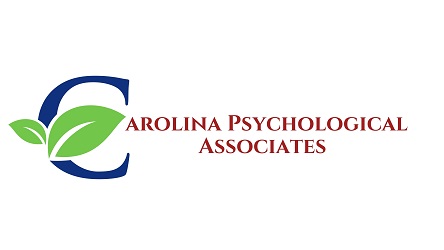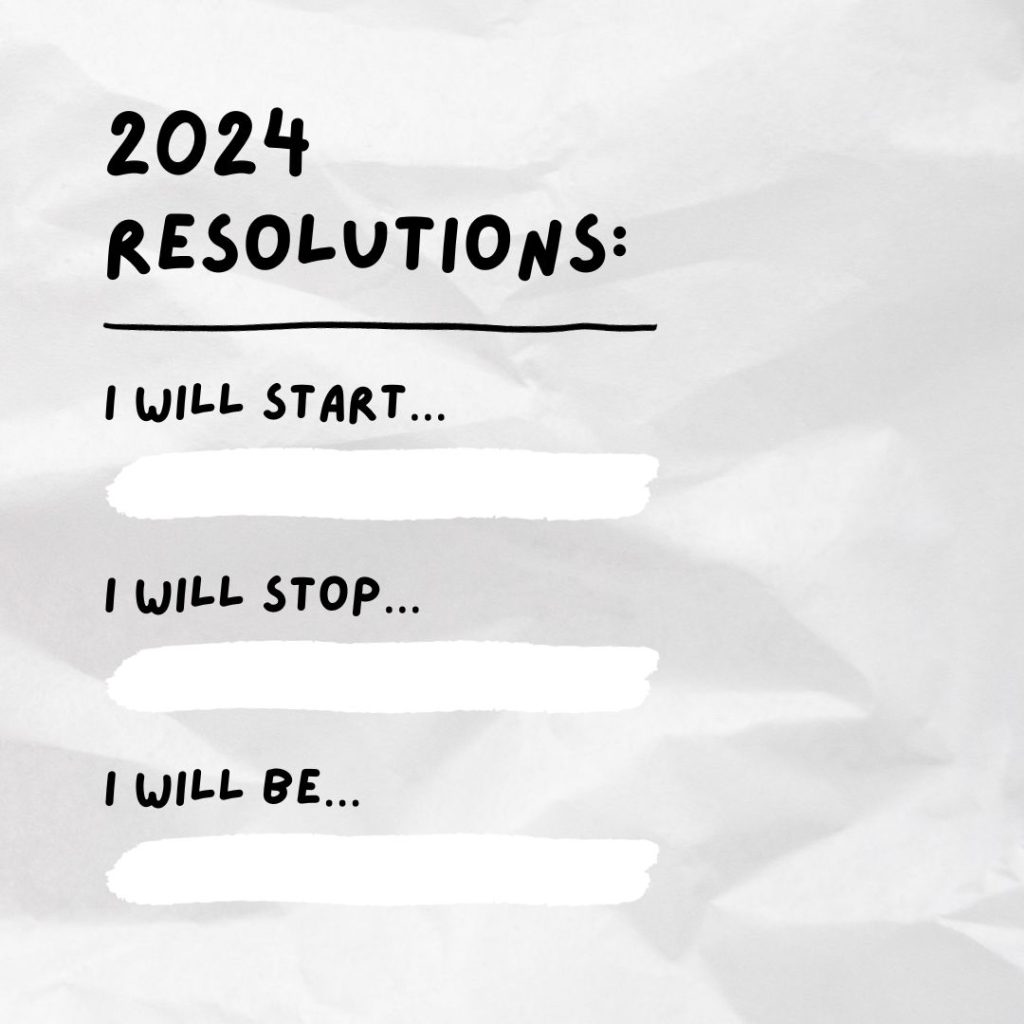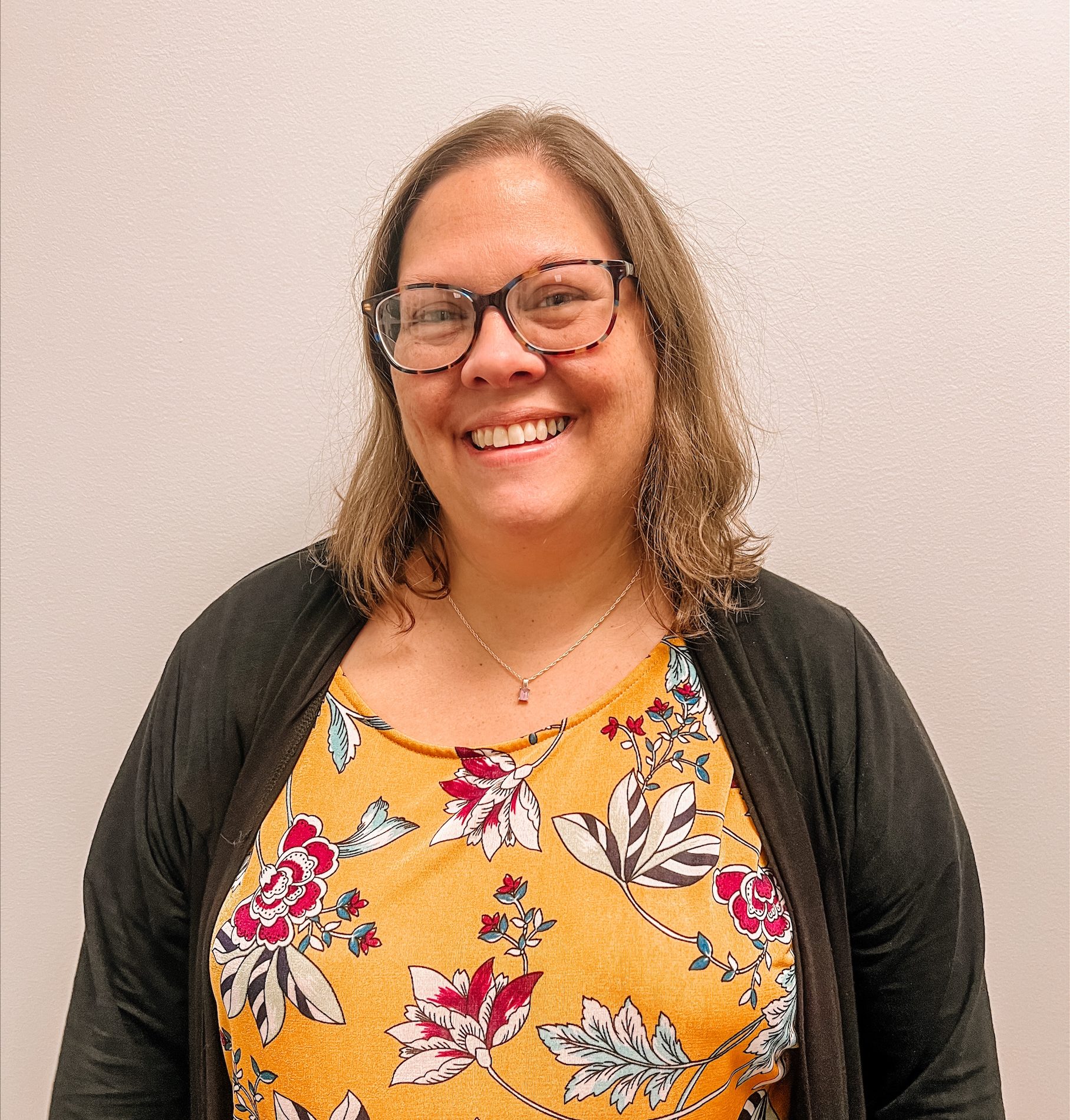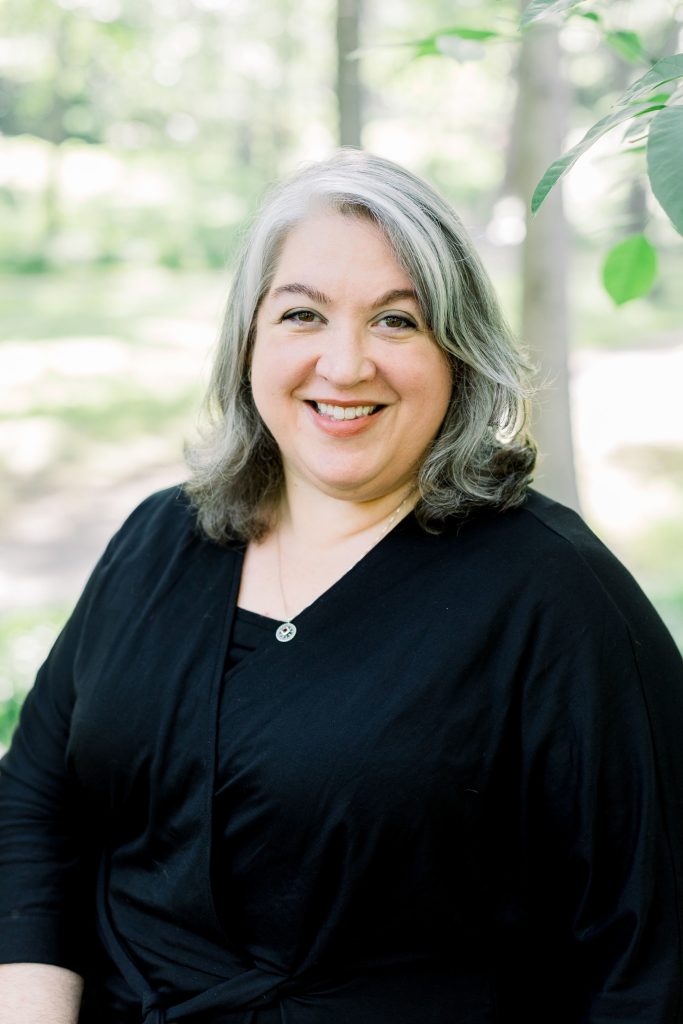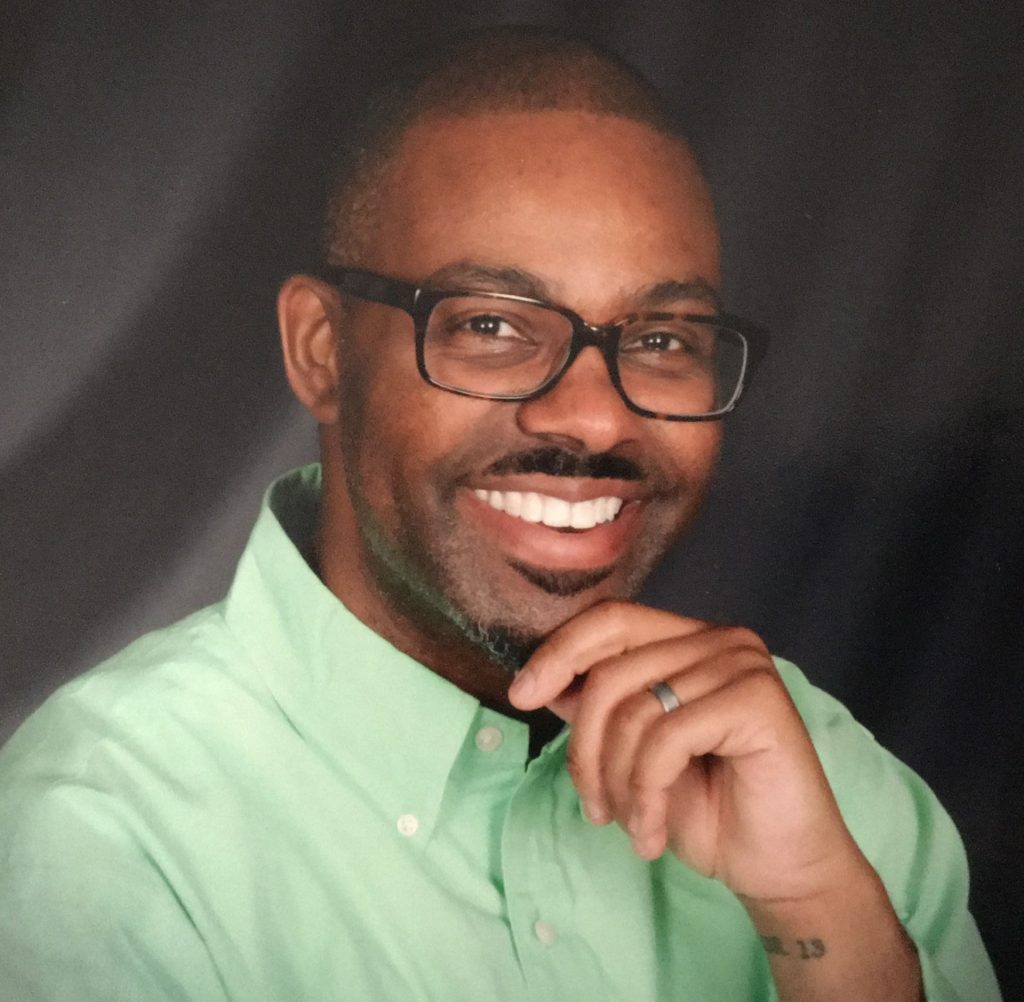We are thrilled to be growing our team in the Greensboro office again. Both Allison Sanders, MS, LCMHC and Erin McCarthy have already started seeing clients.
Allison Sanders, MA, LCMHC serves preteens. adolescents, young adults, and adults with various concerns with anxiety, depression, self-esteem, relationships, communication, and life transitions.
We are also excited to have Erin McCarthy as a counseling intern for 2024. She is serving clients ages 18 and older. Continue reading to learn more about each of them!
What services do you provide here at CPA?
Allison: I provide therapy to individuals aged 8 and up.
Erin: I am seeing clients for individual therapy using a client-centered/humanistic approach and dealing with issues such as depression, anxiety, life transitions, grief/loss, and stress management.
Why did you choose this work?
A: I’m a career changer, so “newer” to the counseling field, but I think my other roles have always lent themselves to serving people and helping them in a way to become a favorite version of themselves. I previously worked in higher education in various capacities from advising to teaching to leadership roles, but I think what I always came back to was wanting to hear people’s stories and helping them empower themselves. I went back to school part-time, taking the slow-and-steady route while continuing to work full-time.
E: Albeit perhaps a bit cliché, it is more accurate to say that this work has chosen me. Coming from the vastly different career field of Veterinary Medicine, this decision to pursue a career in counseling was not made lightly and has brought into alignment my background in Psychology and passion for and advocacy of those who are in need. I plan to pursue my PhD Clinical Psychology beyond this program.
What population of clients do you serve? Why that age/group?
A: I serve children, adolescents, and adults aged 8 and up. I think each age group lends itself to something unique. An overarching theme that weaves through is helping clients learn how to understand and manage their “big emotions” and finding their voice. I also enjoy helping them see things in a different perspective and learn to navigate through different life stages. There’s no one-size-fits-all approach to therapy so continuing to learn about different modalities and techniques keeps me on my toes as well.
E: During this internship, I will be working with clients from their late teens up until late adulthood. I hope to specialize in gerontological counseling moving forward in my career, with a focus on rural populations.
Where did you move from?
A: I’m originally from western Pennsylvania but have lived in various locations since then. I’ve called North Carolina home since 2015. I’m a fan of all things Pittsburgh including the insufferable Pirates who have been trying to rebuild since 1992.
E: I have lived in North Carolina most of my life, except for a couple of years in Maryland during the Pandemic, returning to NC to finish out my internship portion of my Clinical Mental Health Counseling program.
What are you looking forward to while working at CPA?
A: I’m looking forward to getting to know my colleagues and to be able to collaborate with them in a positive space and have fun. I consider myself a lifelong learner, so I am also looking forward to learning from them and expanding my own knowledge base and skill set to better serve my clients.
E: I am thrilled to have the opportunity to be working at Carolina Psychological Associates for the duration of my internship and have already learned so much from this exceptional group of clinicians. I am excited to work beside this company’s knowledgeable and caring practitioners, as well as to learn and grow alongside my clients.
What do you enjoy doing for fun?
A: I like working out and spending time with friends and family. I also enjoy being outdoors (people-watching is great). I’m hoping to be more successful in my attempts this spring and summer to get out on the water to kayak and paddleboard.
E: I have a love for learning and developing new skills, and consequently continue to add activities to my “Fun List.” I enjoy what nature can provide in the way of restoration and peace and try to make a date with the outdoors as often as I am able. Kayaking, hiking, swimming, camping, and trips to the mountains or beach are staples. I also spend time reading, doing puzzles, listening to podcasts/music, and making art in the way of sketching/painting.
Share a fun fact about yourself!
A: I have two rescue dogs, Murphy (an English Foxhound) and Hurley (a pittie), and also volunteer with Triangle Beagle Rescue. From time-to-time, I transport beagles coming in from different parts of the state (and beyond!) to their foster homes. They’re pretty good paw-sengers except when they want to sing the songs of their people (think howling 😊).
E: I have an extensive “Would-Love-To-Do” list. I am fascinated by severe weather (with a healthy respect for it) and would love to go on a tornado-chasing tour. I would also love to have my pilot’s license, and have taken a few flying lessons so far, once over the Rockies (hello, turbulence!). I would also not say no to going on a polar bear tour in Svalbard, Iceland.
Most fun fact: I have a Ragdoll cat named Kjerag, named after a Norwegian fjord, who goes by “Shmoo.”
 The growing need for quality clinicians is apparent, and we are working hard to meet that need within our community. With that being said, we are excited to announce Sophie Burns, LSCWA as a new clinician in the Greensboro Office! She started in March and has not missed a beat since her first day. Continue reading to learn more about our newest team member!
The growing need for quality clinicians is apparent, and we are working hard to meet that need within our community. With that being said, we are excited to announce Sophie Burns, LSCWA as a new clinician in the Greensboro Office! She started in March and has not missed a beat since her first day. Continue reading to learn more about our newest team member! 